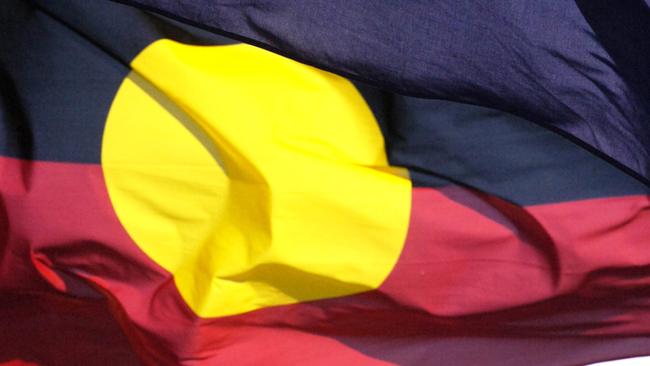Referendum expert calls for ‘creative rethink’ of how yes and no campaigns are run
One of the nation’s leading referendum experts wants a rethink on how the Yes and No campaigns for a voice to parliament are run.

One of the nation’s leading experts on referendums has called for a rethink on how the “yes” and “no” campaigns for an Indigenous voice to parliament are run, warning people are being overwhelmed by information.
It follows the latest Newspoll showing 46 per cent of Australians back the proposed voice, down from 54 per cent earlier in the year. While yes campaigners remained confident backing would grow in the lead up to the referendum – due between October and December – pro-voice conservatives have raised concern with the drop in support.
Ron Levy, an associate professor at the Australian National University and convenor of the International Advisory Panel on Referendums, said the opposing camps needed to change the way they engaged the public.
“We need to be doing something more interesting and more creative than what we’re doing right now,” he said. “There’s a lot of information out there and, in a way, that’s good, but it also can be a bit confusing. We don’t quite know whom to trust. So there needs to be a trusted source of information that’s impartial.”
Professor Levy proposed the idea of “mini publics” or a “citizens jury”, where a group of undecided Australians are chosen at random to listen to the opposing arguments before forming a view and becoming the face of the respective camps.
“Outside of referendums, mini publics have been used hundreds of times around the world, if not more, and often with considerable success,” he said.
“What happens in referendums around the world is that they give their opinions about some of the pros and cons. So if you’re wondering ‘is the voice going to get mired in litigation?’ Well, let impartial people who learn from a range of experts be the ones to decide.”
He said the mini public would help “cut through all the noise” and ensure voters did not “get lost in all of the information”.
“There are so many initiatives … and different organisations. But there’s no centralised source of information,” he said.
On his prediction for the outcome of the voice, Professor Levy said he believed it would pass “on the balance of probability”.
“My take on how the polls are doing is they’re not really moving sharply down. There seems to be a pretty strong core support and I think that people see it in terms of values rather than technicalities,” he said.
However, another referendum expert, ANU professor Matt Qvortrup, said he believed the voice referendum would face “a narrow defeat”.
“The reason for amending the Constitution has not been explained in a way that convinces the voters outside Canberra,” he said. But Professor Qvortrup said the “yes” camp’s strongest weapon was Peter Dutton, who’s opposition to the voice would fuel support for the body because of his unpopularity.
“The biggest asset for those in favour of the voice is the Leader of the Opposition,” he said.
“The more he speaks up, the better for Labor and their comrades in arms.
“His unpopularity is a good recruiter sergeant for the ‘yes’ side.”



